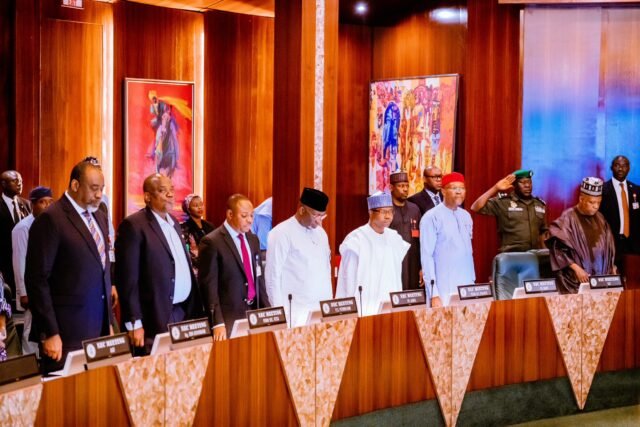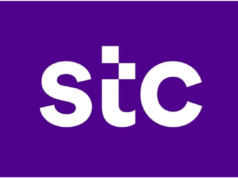In a decisive move toward economic diversification, the Federal Executive Council (FEC) has approved a series of groundbreaking reforms designed to reposition Nigeria as a digital powerhouse in Africa. The new measures, centred around intellectual property (IP) protection, talent export, and the African Continental Free Trade Area (AfCFTA) digital trade protocol, mark a pivotal step in Nigeria’s transition from a resource-based economy to one powered by innovation and human capital.
The reforms, championed by the Minister of Industry, Trade and Investment, Dr. Jumoke Oduwole, reflect the government’s growing recognition that ideas, creativity, and technology are now as valuable as natural resources. For a country with a rapidly growing youth population, the FEC’s latest policy approvals could shape the future of work, trade, and innovation for millions.
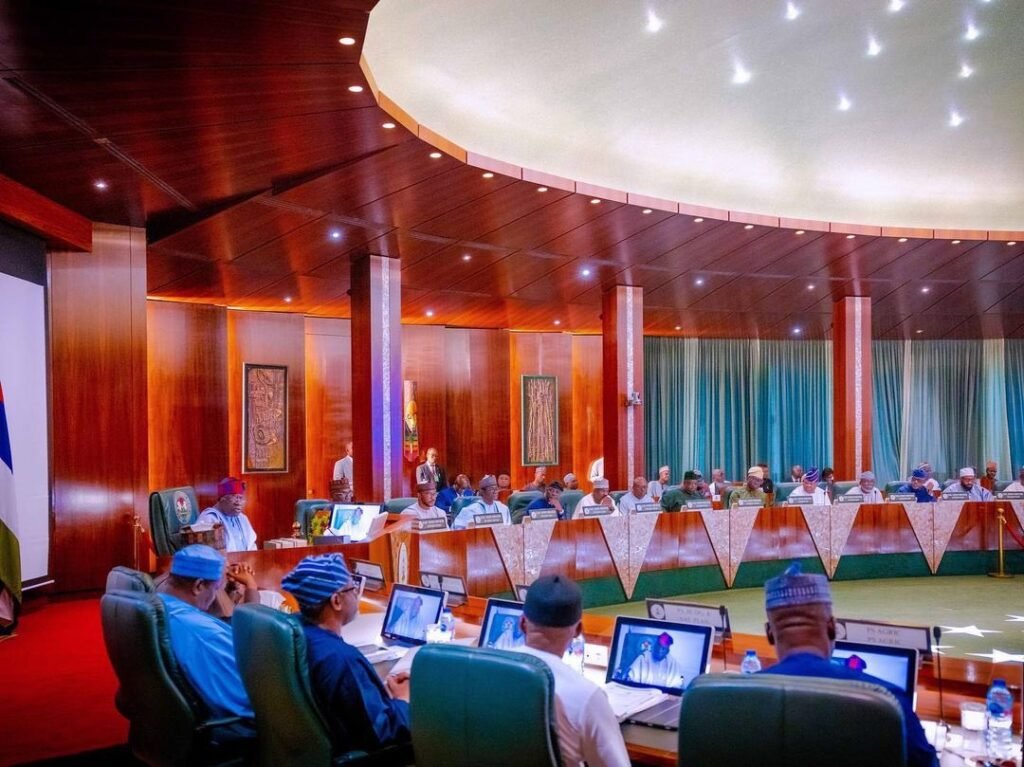
Table of Contents
Strengthening Intellectual Property to Protect Innovation
One of the major highlights of the FEC meeting was the approval of the National Intellectual Property Policy and Strategy (NIPPS). This long-awaited policy aims to consolidate Nigeria’s fragmented IP system into a unified, modern, and business-friendly framework.
For years, Nigerian innovators, musicians, writers, and software developers have struggled with weak IP protection and slow bureaucratic processes. The new policy changes that. It introduces digital filing systems for trademarks and patents, aligns with global best practices, and seeks to treat intellectual property as a valuable asset that can be used for investment or collateral.
Dr. Oduwole explained that the reform will “help creators, researchers, and inventors commercialise their ideas and attract local and foreign investors.” The policy is also expected to promote collaboration between government agencies, universities, and the private sector to strengthen IP awareness and enforcement.
With this reform, the FEC is sending a strong message: Nigeria is ready to protect its creators and innovators, ensuring they can compete confidently in the global digital economy.
Promoting Talent Export and Services
Another crucial decision by the FEC is the approval of a national coordination framework to enhance the export of Nigerian talent and services. The move aligns with the growing demand for digital skills across the world and Nigeria’s ambition to position itself as a leading exporter of human capital.
The new framework builds on existing initiatives such as the National Talent Export Programme (NATEP), the 3 Million Technical Talent Programme, and Outsource to Nigeria. These programmes will now operate under a harmonised national structure designed to boost the country’s services export capacity.
According to projections from the Ministry of Industry, Trade and Investment, the new framework could generate over one million jobs by 2030, contribute up to $10 billion in annual services exports, and attract foreign investment into Nigeria’s tech and creative industries.
For young Nigerians, this reform means new global opportunities. A skilled developer in Lagos, a digital artist in Port Harcourt, or a virtual assistant in Kaduna could soon have better access to international clients through structured talent export programmes.
The FEC also emphasised the need for ethical standards, fair wages, and labour protection for Nigerians working remotely for global companies, ensuring that the country’s growing freelance and tech workforce benefits equitably from digital trade.
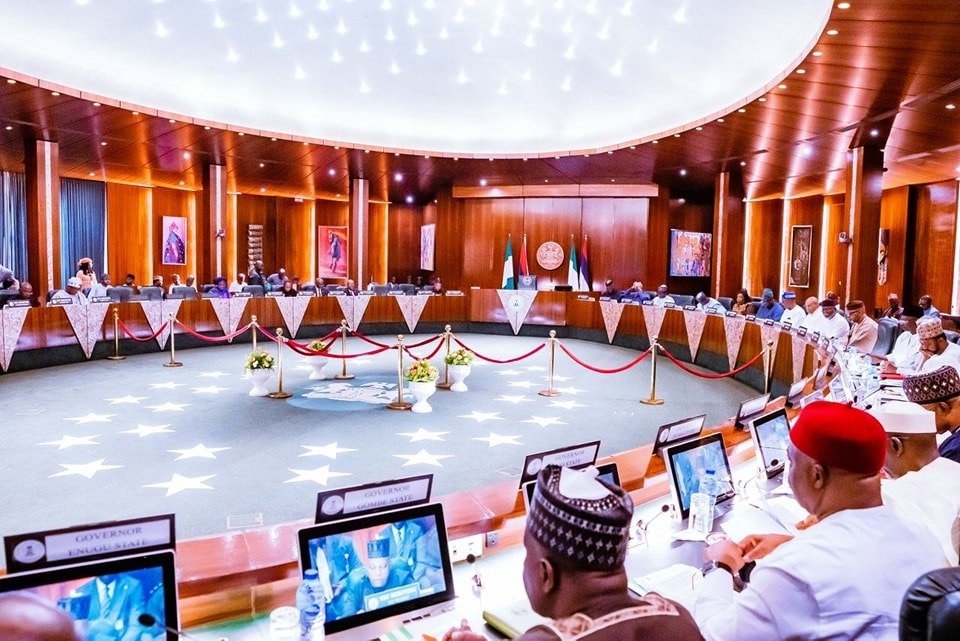
Deepening Regional Integration through AfCFTA
The FEC further approved Nigeria’s ratification of the AfCFTA Protocol on Digital Trade, a decision that strengthens the country’s leadership position in continental commerce. This protocol seeks to harmonise digital trade rules across Africa, addressing key issues such as e-commerce regulation, data protection, cybersecurity, electronic payments, and consumer rights.
With this approval, Nigeria joins a coalition of African nations creating a unified digital marketplace that could unlock over $300 billion in trade opportunities across the continent. For Nigerian startups and small businesses, this means access to millions of new customers and partners across 55 countries without facing restrictive trade barriers.
Experts believe the AfCFTA reforms will make it easier for Nigerian digital entrepreneurs to sell software, digital services, and creative products across Africa. It will also enable better collaboration in fintech, digital identity systems, and online education — all critical areas for Africa’s growth.
The FEC’s endorsement positions Nigeria not just as a participant but as a driver of Africa’s emerging digital economy.
What the Reforms Mean for the Future
Together, the three approvals — intellectual property protection, talent export coordination, and AfCFTA digital trade ratification — represent a coherent vision for Nigeria’s digital transformation. The FEC has effectively laid the groundwork for an economy where creativity, knowledge, and innovation take centre stage.
However, implementation will determine success. For these policies to deliver real results, Nigeria must improve its broadband infrastructure, simplify bureaucratic processes, and strengthen institutions. Effective monitoring and collaboration between federal, state, and private stakeholders will be key.
The reforms also call for a balance between global participation and national development. While talent export can generate income and remittances, Nigeria must continue investing in domestic job creation to prevent large-scale brain drain.
The FEC has shown foresight by aligning its policy direction with global trends. Countries that invest in human capital, digital infrastructure, and intellectual property protection often experience rapid economic growth. Nigeria, with its youthful population and creative energy, stands to benefit enormously — if the reforms are implemented efficiently.
For many Nigerians, this week’s announcement rekindles hope that the government is finally putting innovation and digital trade at the heart of its development agenda.
As one Lagos-based entrepreneur put it, “For once, it feels like the government understands that our ideas are worth protecting and exporting. The next step is to make sure these policies don’t just stay on paper.”
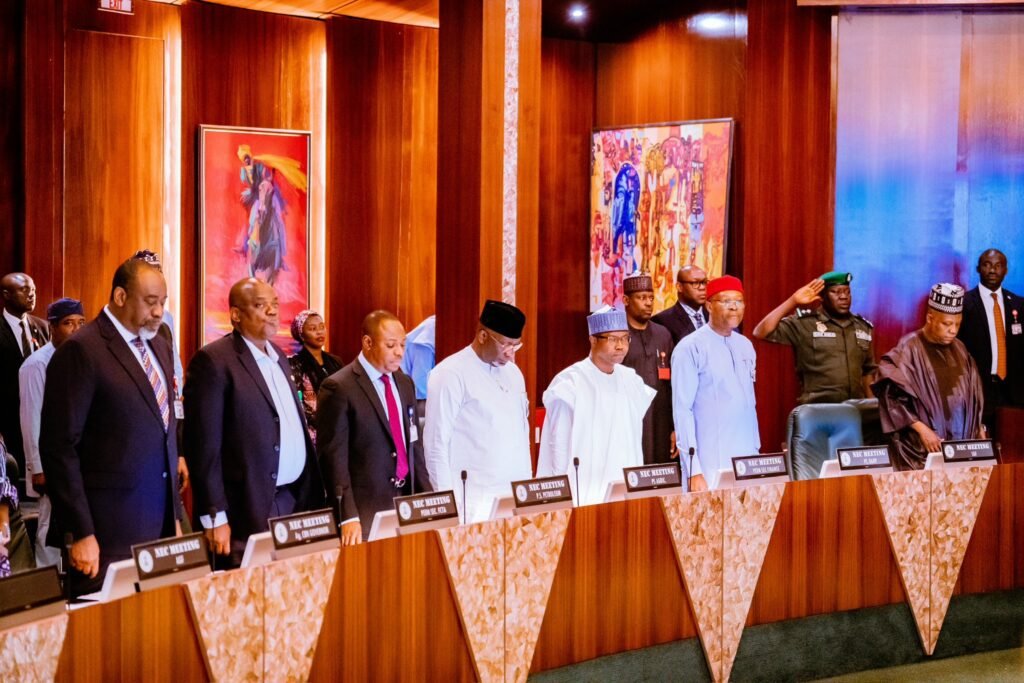
Conclusion
By approving these landmark reforms, the FEC has taken a bold step toward reshaping Nigeria’s economic identity. Protecting intellectual property will nurture innovation; promoting talent export will connect Nigerians to global opportunities; and embracing AfCFTA digital trade will expand the nation’s footprint across Africa.
If implemented with consistency and integrity, these reforms could mark the beginning of a new chapter — one where Nigeria’s greatest export is no longer crude oil, but creativity, talent, and digital excellence.
Join Our Social Media Channels:
WhatsApp: NaijaEyes
Facebook: NaijaEyes
Twitter: NaijaEyes
Instagram: NaijaEyes
TikTok: NaijaEyes


